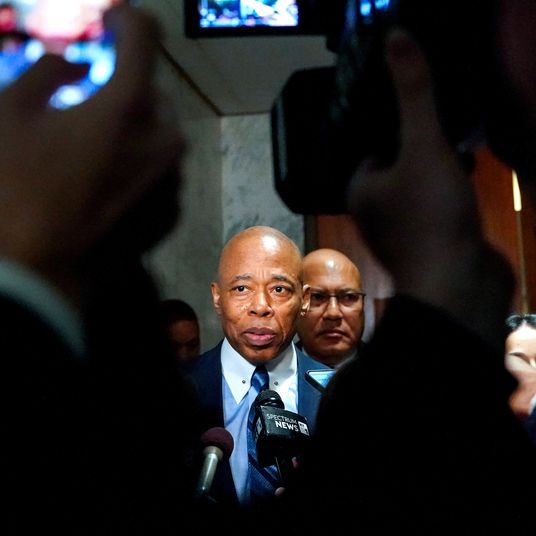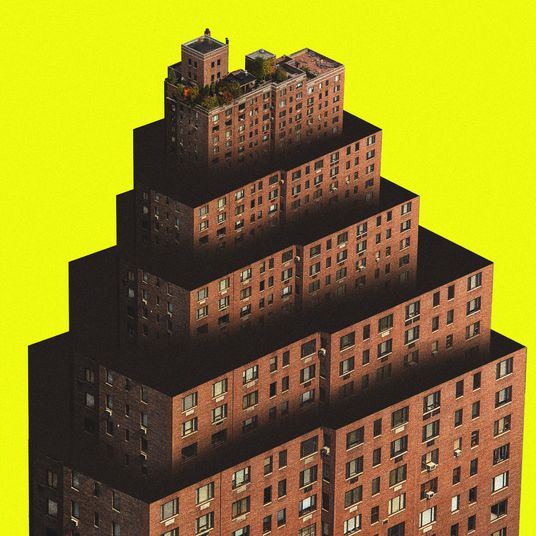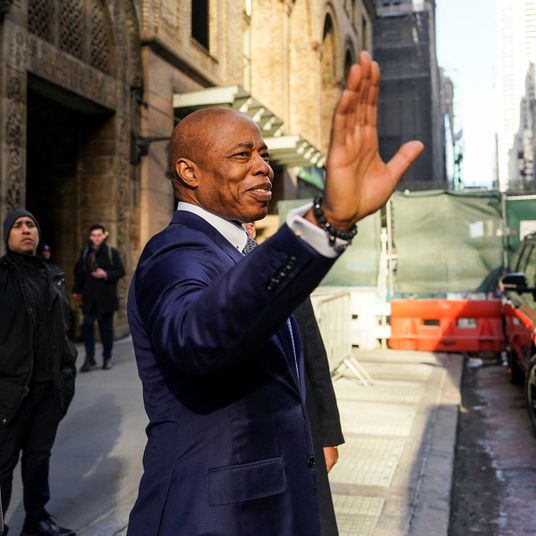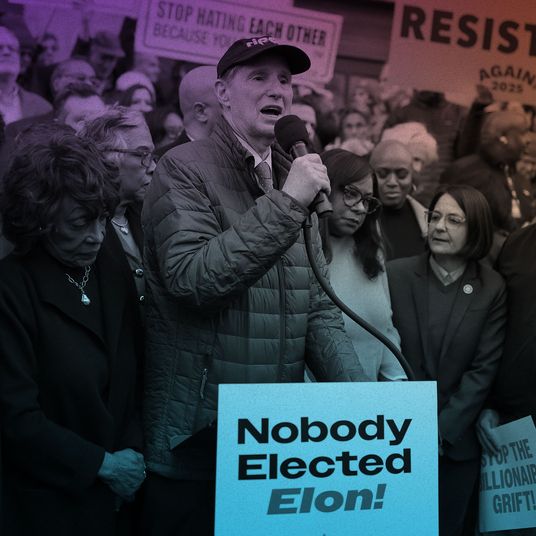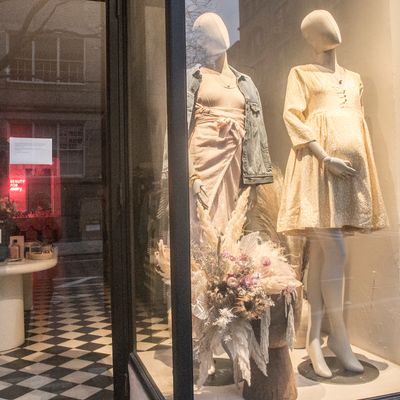
The day before her due date, Sarah Pitman’s doctor called, urging her to go in for an induction. NY Presbyterian, the Manhattan hospital where she was delivering, would begin banning partners from entering the maternity ward as a precaution against COVID-19. If Pitman wanted her husband to be there while she gave birth to their daughter, induction was their only option. “If not, you’ll be on your own,” Pitman recalls her doctor saying. Assured that she was at term and it was safe, Pitman went to the hospital.
Under the wire, Pitman’s husband made it into the delivery room, and their healthy baby came 15 hours later. But the couple’s doula, Laura Vladimirova, was not there — a decision that had been made by most private hospitals in New York City a week prior. And Vladimirova’s absence was not easy for anyone involved.
Doulas are birth workers who come to the aid of mothers-to-be as early as the beginning of the second trimester, about three months into pregnancy. A doula is “a trained professional who provides continuous physical, emotional, and informational support to a mother before, during, and shortly after childbirth to help her achieve the healthiest, most satisfying experience possible,” according to DONA, the world’s largest doula-certification organization.
On March 20, two days before Pitman gave birth, New York’s governor, Andrew Cuomo, tightened restrictions around the state, mandating that all nonessential workers stay home, except for daily exercise and essential trips like grocery-store shopping and pharmacy medicine pick-up. “I want to be able to look back and say to the people of New York, ‘I did everything we could do,’” Cuomo said at a press conference announcing the new measures he calls PAUSE. At the same time, private hospitals across the city were barring any partners or support people from entering into the hospital for labor and delivery.
On March 28, after nearly a week of women giving birth alone in hospitals without any loved ones permitted in the room, Cuomo signed an order allowing one support person. But for many women, that means choosing between a partner and a doula. And for the thousands of expectant parents for whom traversing hospitals is scary and confusing, for women with doctors who have a more medicalized approach to childbirth than they’d like, and for women of color whose maternal mortality rate is exponentially higher than that of their white counterparts, doulas — who aid people in advocating for themselves — can be essential.
The expectant couple and Vladimirova had been working together since October, a couple months before the novel coronavirus emerged in Wuhan. The couple, whose family was far-flung in Florida and Colorado, had grown attached to their doula for support. And when the virus began to spread in New York City, she became an even greater source of comfort for the couple, who now had no other family nearby. “[Women] can do it alone,” said Vladimirova, “codependency is the opposite of what I want,” she said, “it’s more like a party you were invited to and now you can’t go.” It’s about the loss. While Vladimirova insists that women can give birth without a doula, the advocacy and support that doulas provide for their clients is important.
As the novel coronavirus continues to ravage New York City, with hospitals over capacity and short staffed, doulas have had to adapt their methods, which normally rely on in-person help. While Vladimirova and Pitman did not FaceTime during her delivery, the doula and Pitman’s husband did exchange some texts. Going forward, Vladimirova says she will FaceTime and text with clients as much as possible. Erica Chidi Cohen, a well-known doula and CEO of Loom, a space for families that focuses on health education and reproductive health, wrote a message to doulas on Instagram. “Tele/virtual support has value. Ask your clients if they’re open to livestreaming with you, jump on google hangout or zoom for hours at a time and coach them on breathing, movement, massage, and other comfort measures,” she writes. “I’ve asked my clients to call me during cervical checks, that way I can help coach her breathing and see how she’s coping.”
For Ancient Song, a community-based doula services and training organization that serves women of color in New York City, many of whom are also low-income, this crisis comes with a whole set of other hurdles. “We’ve moved to a virtual platform, but are continuing to ensure doulas but also pregnant people have a continuity of care,” said Ancient Song’s director, Chanel Porchia-Albert. The organization has moved its parenting classes and birthing classes onto a virtual platform and will continue to provide doula support through phones, too. But Porchia-Albert says the organization’s clients have unique needs.
First, not everyone has access to smartphones. “It’s not ideal, especially if you wanna share visual information,” Porchia-Albert said. Secondly, some people, who were planning on birthing with the support of only a doula, now must birth alone. Last week, Ancient Song started a program to virtually train nurses who work in labor and delivery on how to provide physical and emotional support to the population the organization serves. “We had our first session on Tuesday with 20 nurses from various New York City hospitals,” she said.
The organization is also partnering with other community-based organizations to take care of new mothers and pregnant women by providing free groceries and formula to women who cannot afford it. “We’re really working diligently to meet intersections of care,” Porchia-Albert said, and to reassure their clients that they are not forgotten.
The anxieties around lack of maternal care for black women that preceded this crisis have been magnified by it. Black women, Porchia-Albert says, are “not seen as a high priority,” and the organization has “kicked into high gear” to disseminate information to parents and expectant parents about birthing rights. “There’s already a sense of isolation and fear going into hospitals based on trying to access health care historically, and on top of now you have a pandemic presenting itself.” Porchia-Albert worries about how the body will react to the extra anxiety.
Still, Porchia-Albert hopes that a silver lining emerges from this tragedy. “My hope is that through this [moment], people are able to see humanity in one another,” she said, “that we have to work collectively and even more diligently to center the needs of one another.”









